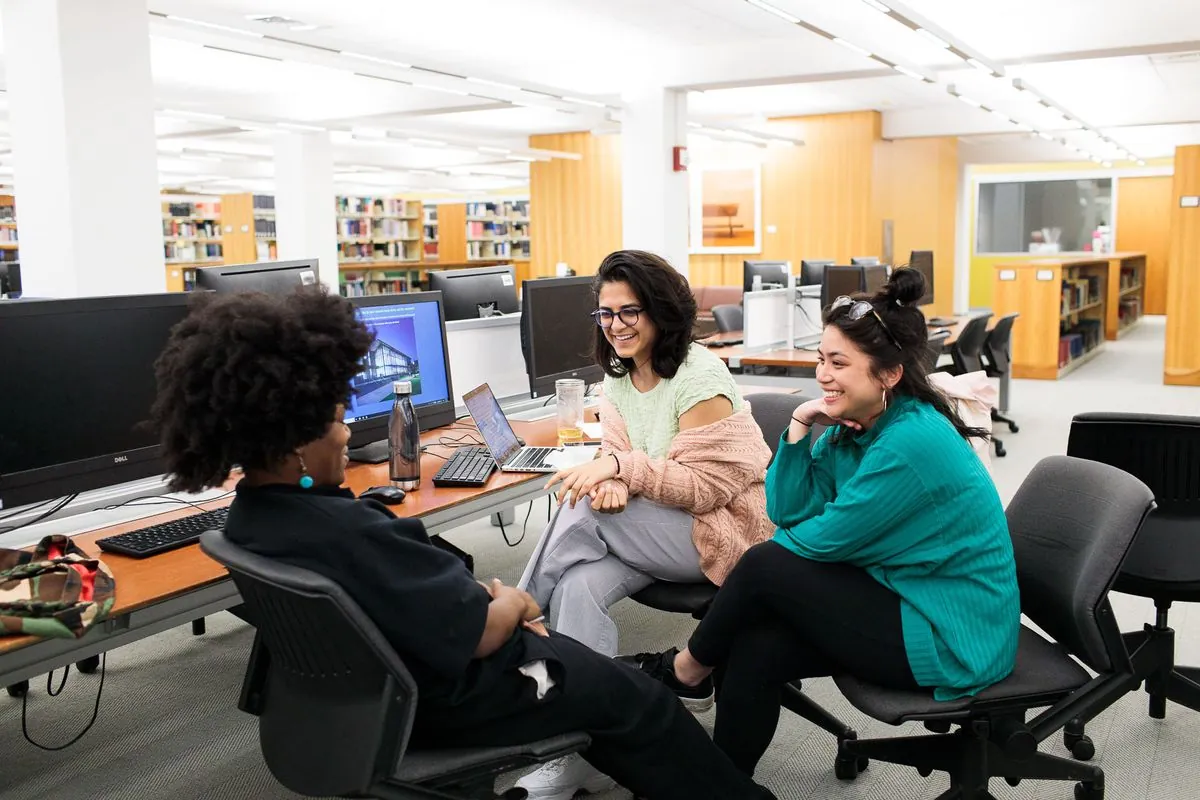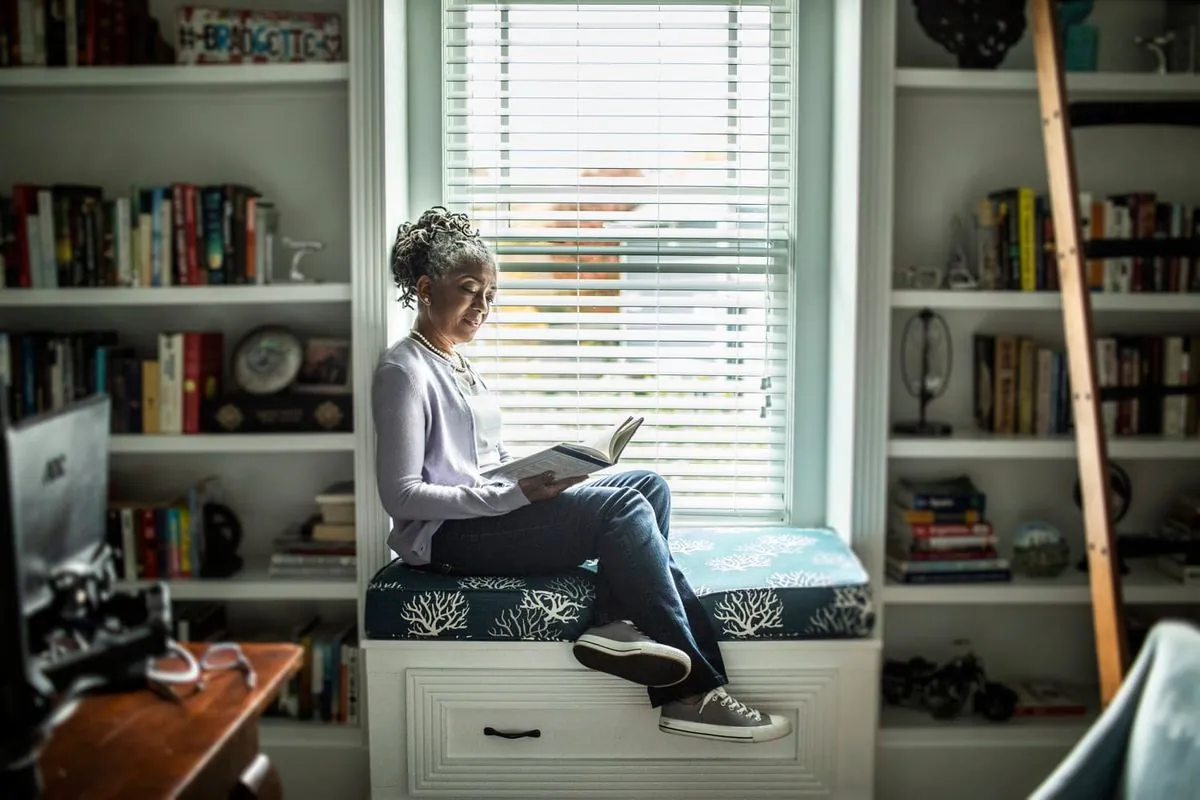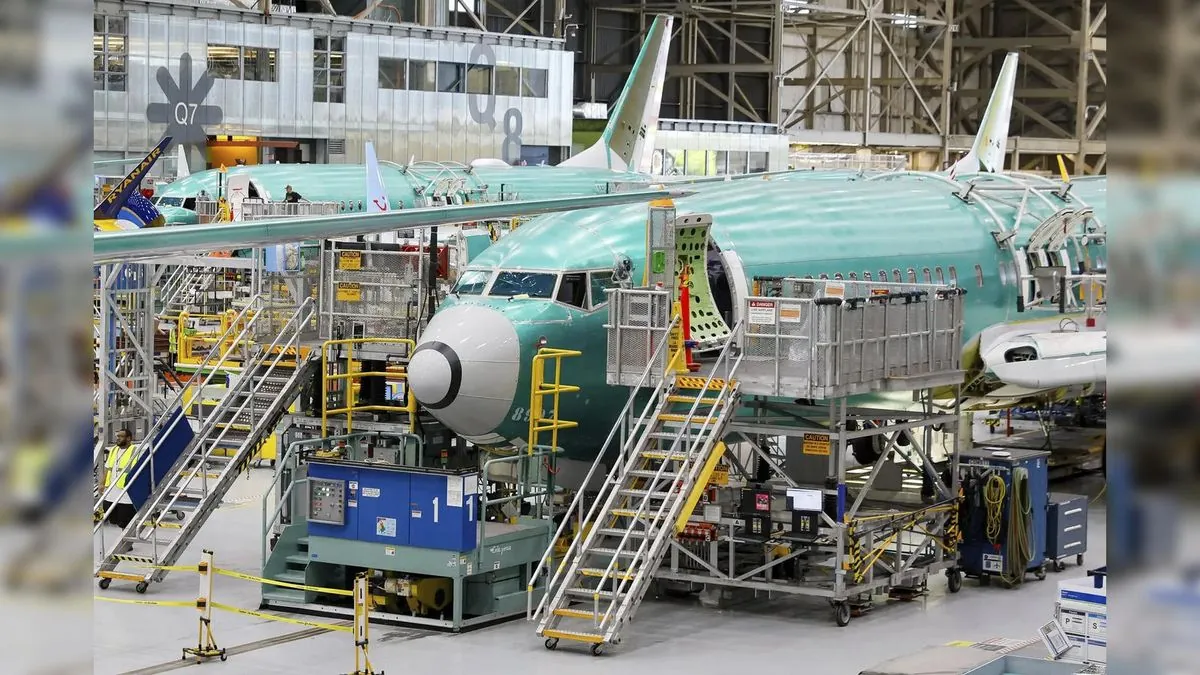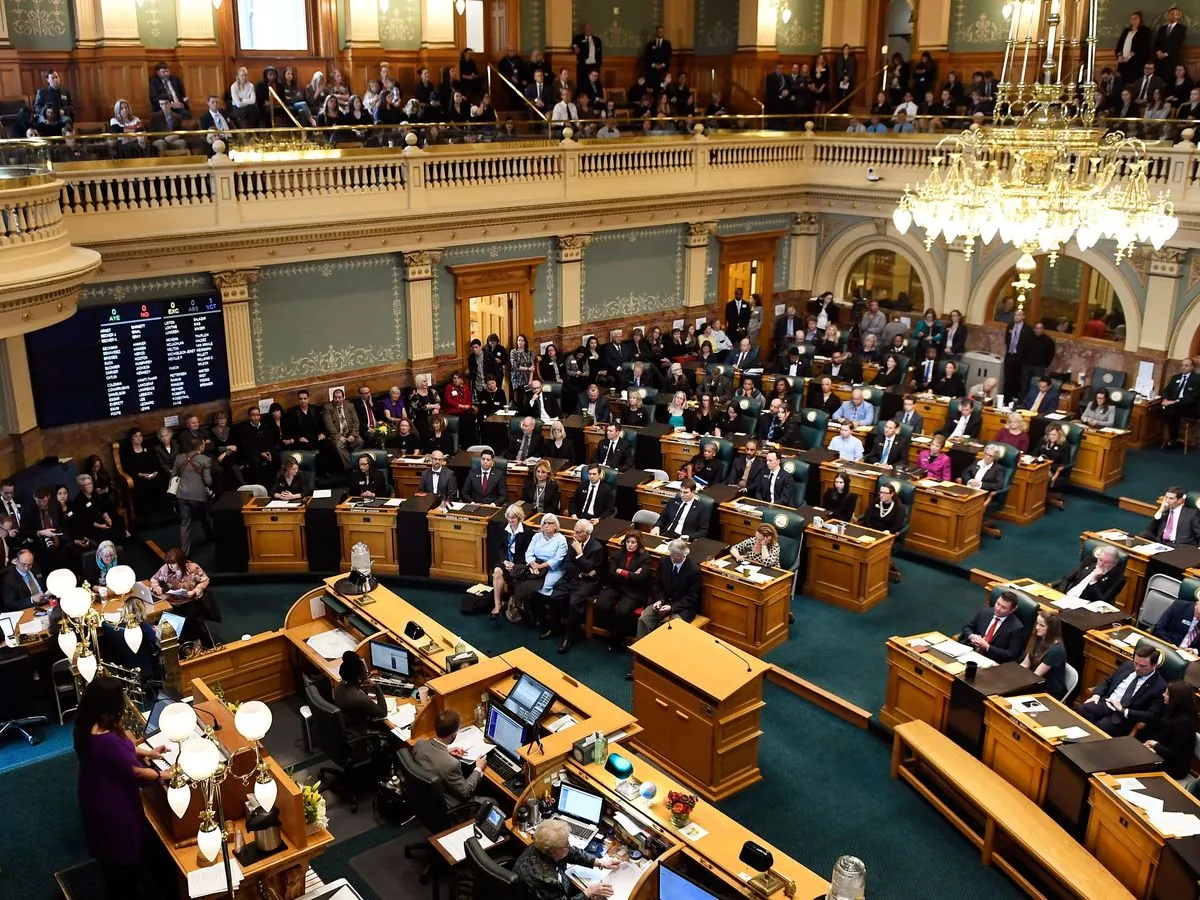Library Usage in America: Demographics, Habits, and Social Engagement
A comprehensive survey reveals intriguing patterns in American library usage, highlighting demographic trends, political influences, and the correlation between reading habits and library visits.

A recent YouGov survey of 2,429 U.S. adults has shed light on the intricate patterns of library usage across America. The study, conducted in April 2024, delved into various aspects of library patronage, from demographic trends to political influences.
Young adults, religious service attendees, and Democrats emerged as the most frequent library visitors, with at least monthly visits. Younger patrons tend to use libraries for socializing and browsing non-book media, while religious attendees often utilize library resources such as computers and workspaces.
Interestingly, income levels positively correlate with library usage. Higher earners are more likely to take advantage of free books, spaces, and services. This trend challenges the assumption that financial hardship drives library use.
The survey also revealed a strong connection between reading habits and library patronage. Of the 7% of Americans who read over 100 books in the past three years, nearly half visit libraries monthly. In contrast, only 10% of non-readers frequent libraries regularly.

Political affiliation and geographical location play significant roles in library usage. Democrats are almost twice as likely as Republicans to be monthly library visitors (30% vs. 17%). However, this gap narrows when accounting for the urban-rural divide, suggesting that access may be a key factor.
"25 percent of Democrats live within a mile of a library, compared with just 14 percent of Republicans."
The survey uncovered a group of "library evaders" who share a common trait of disengagement. These individuals often don't affiliate with major parties, rarely follow political news, or are unemployed. While they hold favorable opinions of libraries, they seldom visit them or read much.
Libraries have a rich history in the United States, with the first public library opening in 1833 in Peterborough, New Hampshire. Today, there are approximately 116,867 libraries across the country, ranging from small rural outposts to the vast Library of Congress, which adds about 12,000 items to its collection daily.
The importance of libraries extends beyond mere book lending. They serve as community hubs, educational centers, and indicators of social engagement. From the first traveling library service in 1893 to modern digital libraries like Project Gutenberg, founded in 1971, these institutions continue to evolve and adapt to societal needs.
As we reflect on the survey results, it's clear that libraries remain vital to American society. They not only provide access to knowledge but also serve as a barometer for community engagement and social connectivity. Whether it's the New York Public Library with its iconic lion statues or a small-town bookmobile, libraries continue to play a crucial role in shaping our cultural landscape.


































